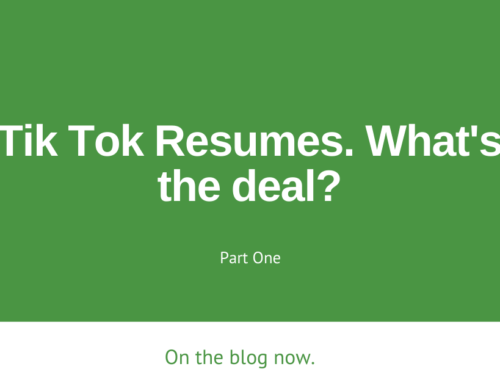So, you’ve found the perfect candidate. They check all the boxes, hit all the marks and you’re excited to finally extend them the job offer…only to have them decline.
We get it. Being in this situation can be a tough pill to swallow. Whenever you extend an offer, you’re hoping the candidate is as excited and eager to take the job as you are to offer them the role.
But understanding exactly why a candidate is declining your offer is an important first step to ensuring that the next candidate accepts—especially if you’re frequently experiencing declined offers.
Here are a few things to consider when understanding why a candidate may be declining your offer.
Salary
One of the most obvious reasons candidates decline offer is salary. Is your salary competitive to other company’s? And if it’s not, maybe it’s time to consider how you can make your offer a bit more enticing if your salaries aren’t quite hitting the mark.
Vacation Time
Take a look at your company’s PTO policy. Is it competitive? How does it compare to other company’s policies, and is there an opportunity to bump this up or consider it as a factor in negotiation?
Workplace Flexibility
It’s no doubt over the past year that employees have become accustomed and comfortable with working from home. This, often times, means more work/life balance, more time for family, less money spent on commuting, etc. Is your company offering flexibility upon returning to work? Because if you’re company isn’t, there’s another company that likely is.
Work Time Flexibility
For candidates with families, work time flexibility is a huge priority. Is your company strict with hours clocked in and out? Do you require all employees are online at 9 a.m. sharp, or are you offering a little flexibility for the employee who may have to drop their kids at day care in the morning?
Room to Advance
For mid-level and junior candidates, joining a company with room for growth is just as important as salary and PTO. If there’s room for the candidate to grow into the role and gain experience, that’s an absolute asset when considering a job offer.
Health Benefits
Though this one may be a little difficult to negotiate and be flexible on, it’s important to consider what your health benefits package looks like. Are your competitors offering full company-paid benefits, while your plans are a bit less enticing? Are there gaps in coverage between jobs?
You’re Taking Too Long
One of the number one reasons candidates decline offers is that they’ve found a better offer. This happens all too often while hiring managers and higher-ups are taking their time deciding on next steps and securing those second and third-round interviews. Keep your candidates’ interest and try to keep the momentum with your hiring process. If you don’t make an offer, it’s likely that someone else will first.





